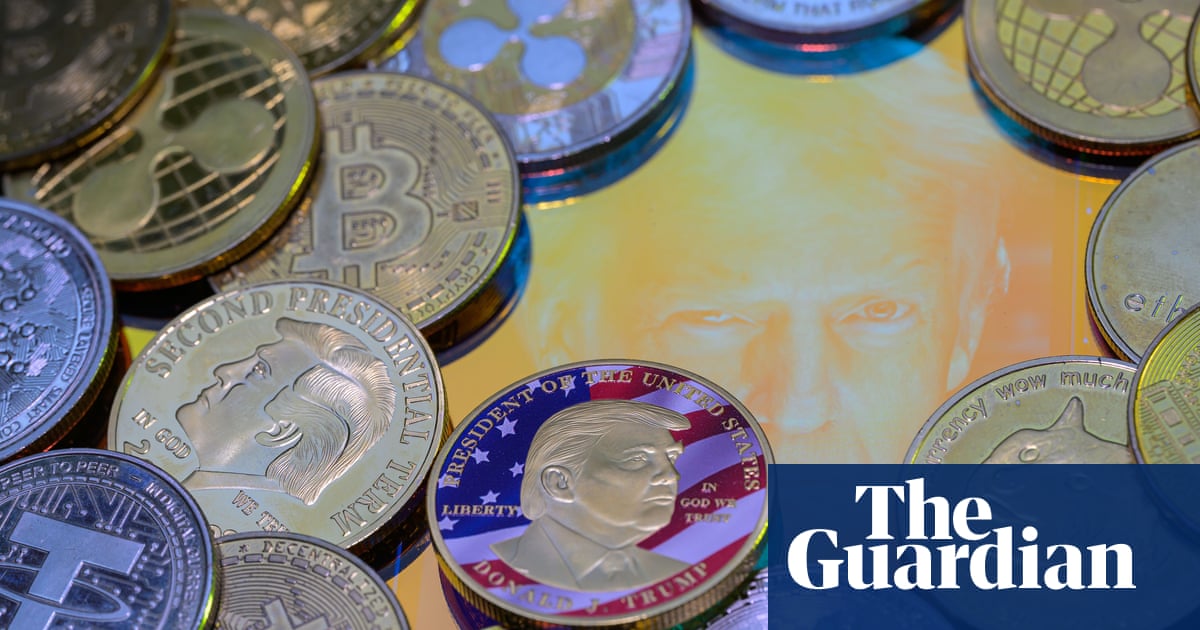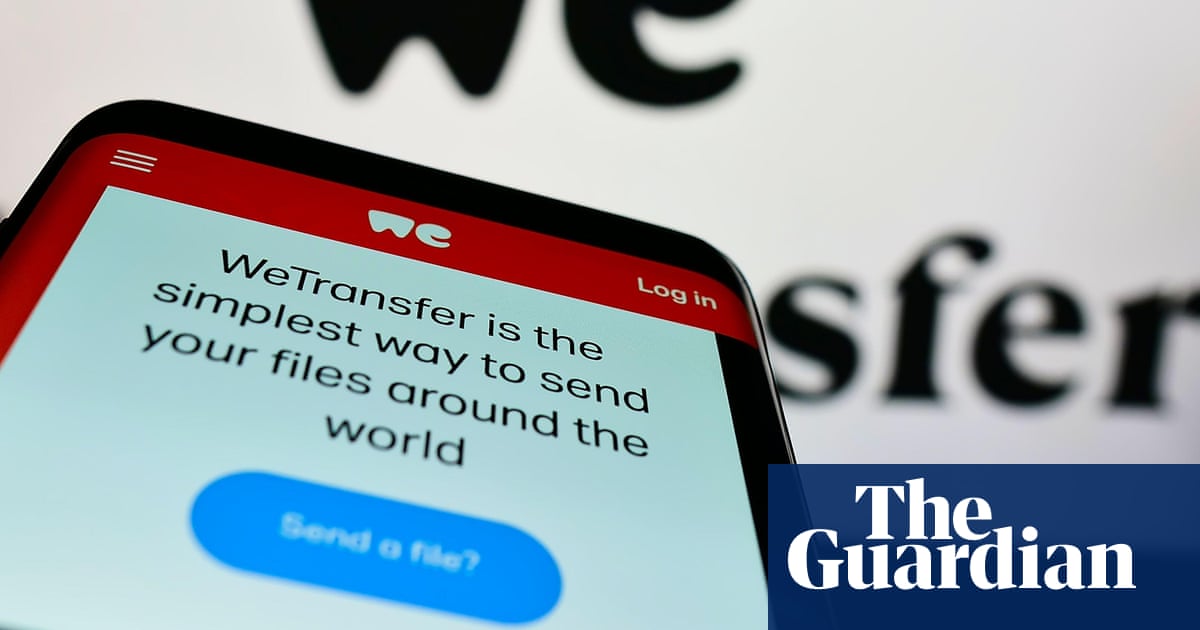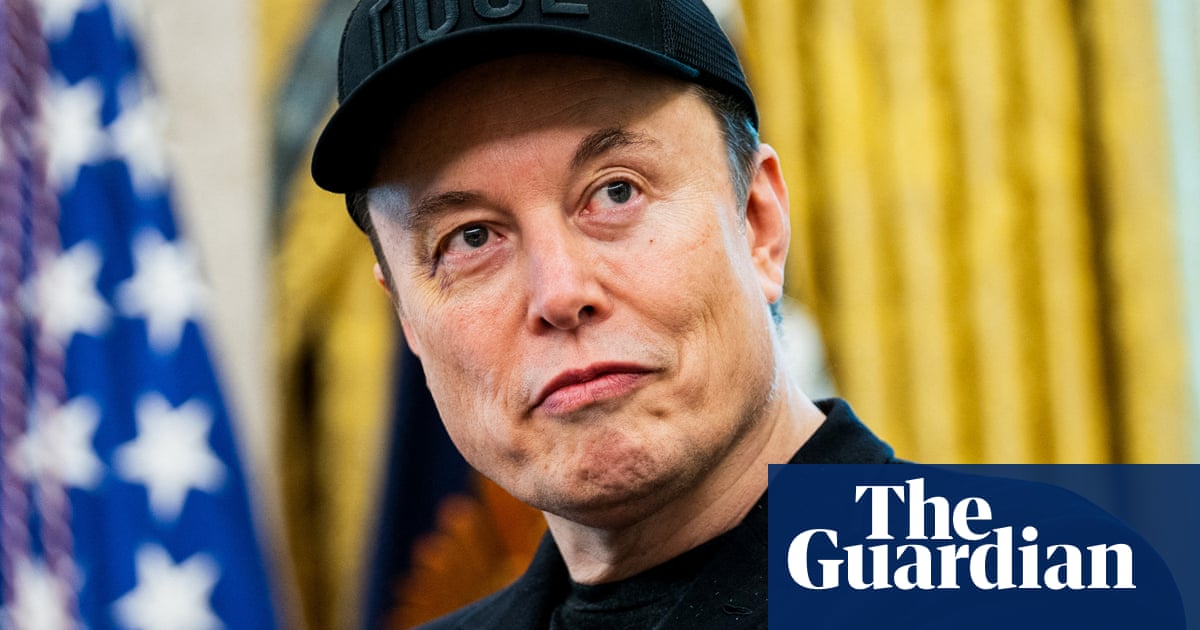T4K3.news
Trump states AI firms should not pay for copyrighted content
Trump's comments at the AI Summit challenge existing copyright frameworks for AI development.

Trump's speech at the AI Summit calls for a rethinking of copyright rules for AI companies.
Trump Advocates for AI Companies to Ignore Copyright Fees
During the AI Summit, Donald Trump argued that companies developing artificial intelligence should not be held accountable for licensing copyrighted content. He stated, "You can't be expected to have a successful AI program when every single article, book, or whatever you've studied you're expected to pay for." Trump's comments come amid ongoing tensions surrounding the intersection of AI development and intellectual property rights. His remarks highlighted a distinct shift from concerns expressed by content creators regarding the unauthorized use of their works in AI training. While the White House's AI Action Plan pushes for the expansion of U.S. AI capabilities, it notably omits issues surrounding copyright protection, focusing instead on innovation and technological leadership. This approach contrasts sharply with recent legislative efforts aimed at enforcing stricter rules on AI companies regarding their use of copyrighted materials.
Key Takeaways
"You can't be expected to have a successful AI program when every single article, book or whatever you've studied you're expected to pay for."
Trump underscores the challenge AI companies face with copyright costs.
"You just can't do it. China’s not doing it."
Trump emphasizes the need for more lenient intellectual property rules.
"When you have something, and when you read something… you cannot expect to every time, every single time, say, 'Let’s pay this one that much.'"
Trump argues for a more permissive approach to using knowledge in AI systems.
"The United States must lead the creation of the world’s largest and highest quality AI-ready scientific datasets."
The AI Action Plan aims to position the U.S. at the forefront of AI development.
The absence of copyright discussions in Trump's AI Action Plan may encourage a more relaxed legal environment for tech companies, potentially undermining the rights of authors and content creators. As AI firms continue to evolve, balancing innovation with intellectual property rights will be vital. Trump's perspective underscores a broader debate: how can the U.S. foster technological advancement while respecting the contributions of creative industries? This clash reveals a fundamental tension in the governance of rapidly changing technology and raises critical questions about who truly benefits from AI's capabilities. If lawmakers do not address these issues, they may inadvertently allow the erosion of artists' and creators' rights.
Highlights
- You can't have a successful AI program if you have to pay for everything.
- We have to allow AI to use knowledge without complex contracts.
- China's not doing it, so why should we?
- The U.S. must lead with the best AI standards.
Concerns Over Intellectual Property Rights
Trump's comments on AI use of copyrighted content may lead to significant backlash from content creators and artists, potentially undermining their protections.
Future discussions will need to balance technological growth with safeguarding creators' rights.
Enjoyed this? Let your friends know!
Related News

Major music labels enter AI settlement talks

Trump advocates for cryptocurrency mining amid noise complaints

Supreme Court to review age verification laws affecting Pornhub access

Linda Yaccarino steps down as CEO of X
Trump mandates anti-woke AI for federal contracts

Trump embraces cryptocurrency amid ethical scrutiny

WeTransfer changes AI usage terms after user backlash

xAI secures $200 million military contract in wake of chatbot issues
